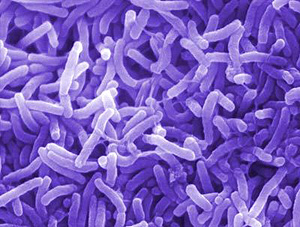What is cholera ?
Cholera is an acute intestinal infection caused by ingestion of food or water contaminated with the bacterium Vibrio cholerae
. It has a short incubation period and produces an enterotoxin that causes a copious, painless, watery diarrhoea that can quickly lead to severe dehydration and death if treatment is not promptly given. Vomiting also occurs in most patients.
Risks factors
Cholera transmission is closely linked to inadequate environmental management. Typical at-risk areas include peri-urban slums, where basic infrastructure is not available, as well as camps for internally displaced people or refugees, where minimum requirements of clean water and sanitation are not met.
Contagion
Contagion is produced by fecal-oral contamination, and by ingesting food or water contaminated with the bacterium.When shed back into the environment, it can potentially infect other people.
Incubation period
It has a short incubation period of two hours to five days
Symptoms
About 75% of people infected with V. cholerae do not develop any symptoms, although the bacteria are present in their faeces for 7–14 days after infection.
Diagnostic
Accurate diagnosis is possible by detection in the faeces.
Treatment
The main pathological process it causes is dehydration – therefore the treatment we use is simply to replace all the fluid being lost.Very severely dehydrated patients require administration of intravenous fluids. Such patients also require appropriate antibiotics to diminish the duration of diarrhoea.
Vaccines
There are two types of safe and effective oral cholera vaccines currently available on the market. Both are whole-cell killed vaccines, one with a recombinant B-sub unit, the other without. Both have sustained protection of over 50% lasting for two years in endemic settings.
- One vaccine (Dukoral) is WHO prequalified and licensed in over 60 countries. Dukoral has been shown to provide short-term protection of 85–90% against V. cholerae O1 among all age groups at 4–6 months following immunization.
- The other vaccine (Shanchol) is pending WHO prequalification and provides longer-term protection against V. cholerae O1 and O139 in children under five years of age.
How dangerous is cholera ?
Among people who develop symptoms, 80% have mild or moderate symptoms, while around 20% develop acute watery diarrhoea with severe dehydration. This can lead to death if untreated. Up to 80% of cases can be successfully treated with oral rehydration salts.

